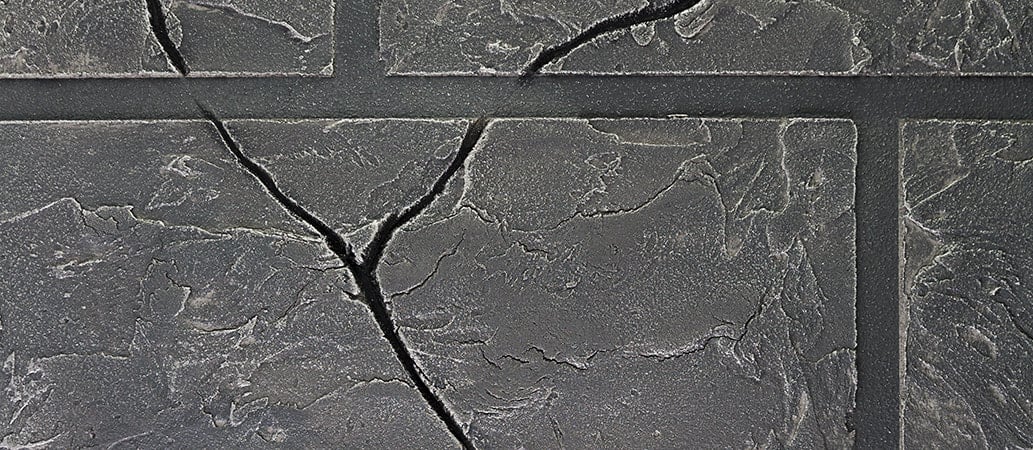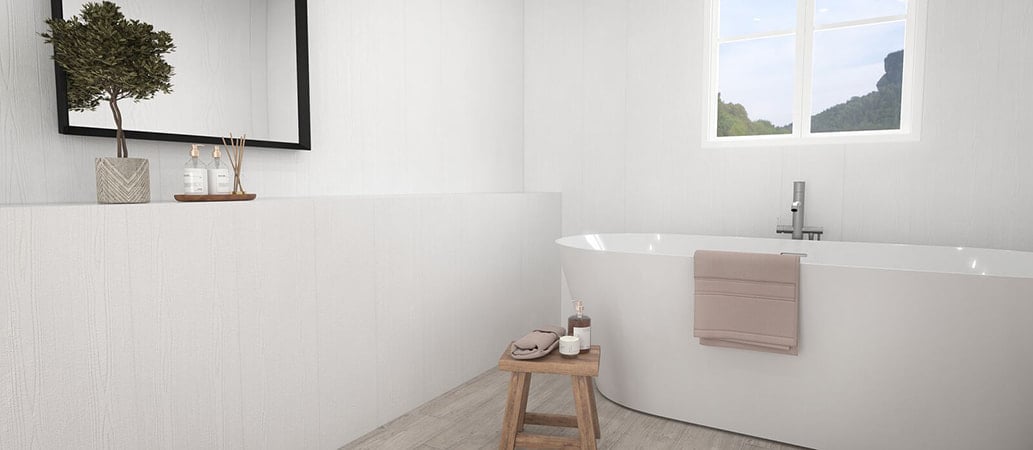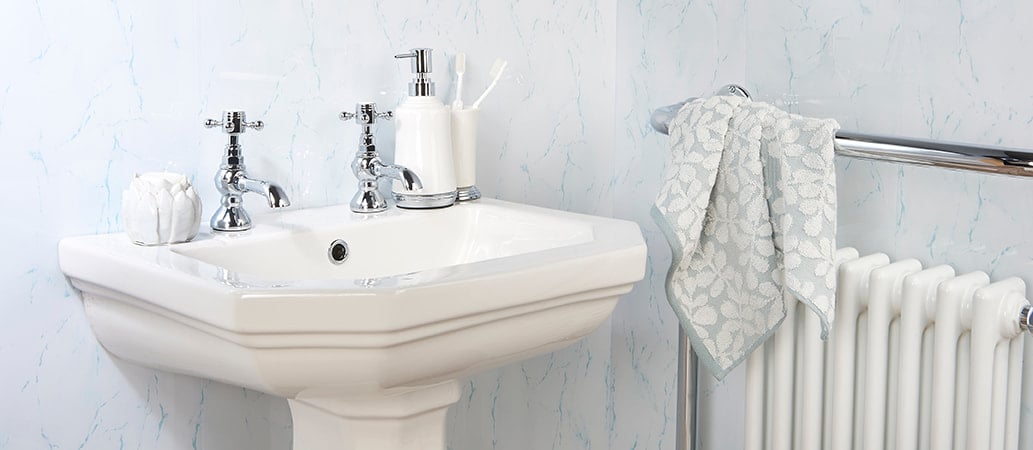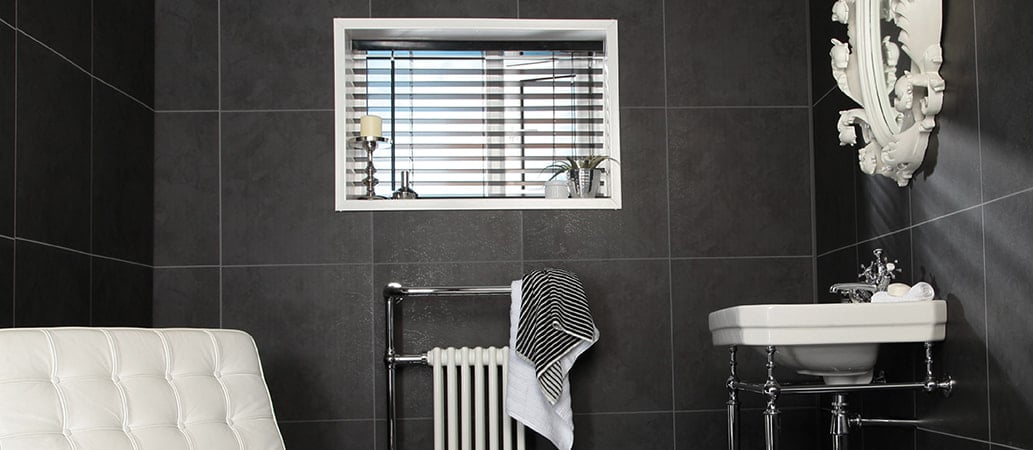Why do bathroom wall tiles crack?

Ceramic or porcelain wall tiles are the traditional choice for many homeowners when it comes to decorating a bathroom. They have long been used in rooms where there are high condensation levels, such as bathrooms, as they can be wiped clean. However, there are a few drawbacks to using traditional tiles.
What are bathroom wall tiles?
Firstly, what are bathroom wall tiles? Bathroom wall tiles can be made from a variety of different materials, such as porcelain, ceramic, marble, limestone, and slate. The key benefit of all these materials is that they are waterproof or water resistant. This means moisture sits on the surface of the tile and can be wiped clean easily, making them ideal for rooms with high moisture levels.
How are tiles different from bathroom wall panels?
Bathroom wall panels differ greatly to traditional bathroom tiles. As mentioned above, bathroom wall tiles can be made from a variety of different natural materials, whereas bathroom wall panels are made from PVC. Bathroom wall tiles require a smooth, clean surface on which to be fitted and must be secured with adhesive and grout. They are also awkward to cut and once in place require constant cleaning to prevent the growth of mould and limescale.
In contrast, bathroom wall panels can be fitted directly on to rough surfaces – even on top of existing tiles – and do not need any grout, which helps prevent the build up of mould. They are extremely easy to look after, needing only an occasional wipe with a clean cloth to keep them looking like new, and are very durable, unlike traditional tiles which can break and crack relatively easily.
What causes bathroom tiles to crack?
There are several reasons why a bathroom tile may crack.
-
Direct impact from falling or moving heavy items
-
Building movement, caused by a shifting foundation or expansion in the floor joists
-
Poor installation, for example by using the wrong type of adhesive, inadequate workmanship, or installing the tiles on improperly spaced joists
-
Water damage behind the tiles
-
Low quality tiles, which have been made from subs-standard materials.
Any of these factors can impact the integrity of your bathroom wall tiles and cause them to crack and break – and once damaged, tiles are notoriously difficult and expensive to replace.
To find out more about how bathroom wall panels could be the perfect, long-lasting alternative to traditional tiles, call our friendly expert team on 0800 22 77 77 for a no obligation chat.




